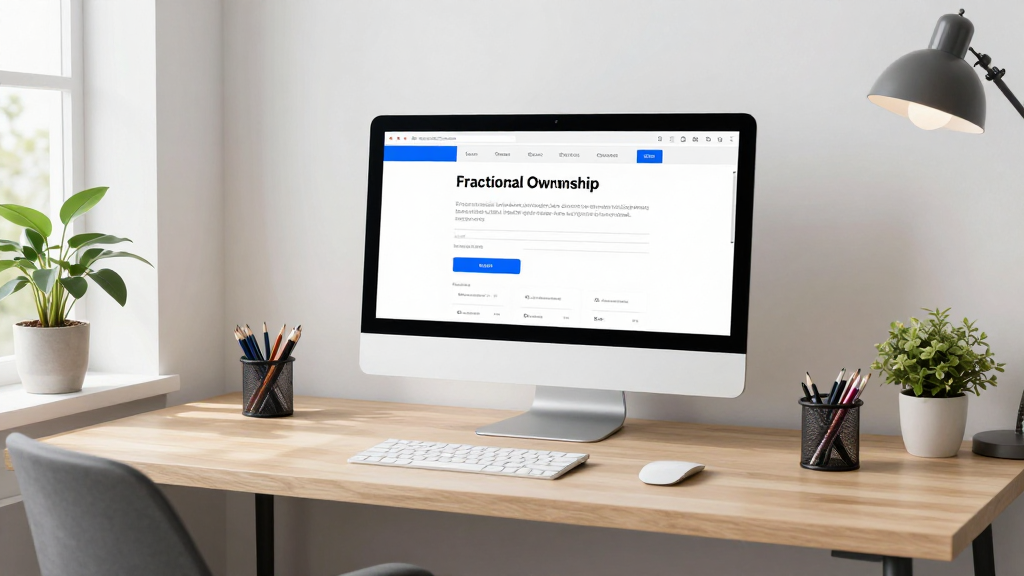Tips for Building Relationships with Suppliers

When it comes to creating strong supplier relationships, effective communication is key. By communicating clearly and consistently with your supplier, you can ensure that both parties are on the same page. Whether it’s discussing order expectations or providing updates on project timelines, keeping an open line of communication will help build trust and understanding.
Setting clear expectations and goals is another essential aspect of fostering a great supplier relationship. By clearly outlining what you expect from your supplier in terms of quality, delivery times, and pricing, you establish a solid foundation for collaboration. This clarity reduces misunderstandings and helps align both parties toward common objectives.
Offering feedback and constructive criticism is a crucial component of improving your supplier relationships. Constructive feedback helps suppliers understand areas for improvement and encourages continuous growth. By providing feedback in a respectful and constructive manner, you demonstrate that you value the relationship and are committed to mutual success.
Benefits of Effective Supplier Relationship Management
Effective supplier relationship management can yield a myriad of benefits for your business. Enhanced supply chain efficiency is one key advantage, as strong relationships with suppliers lead to smoother processes and timely deliveries. This efficiency can result in cost savings through streamlining operations and minimizing delays.
Moreover, by fostering strong supplier relationships, you can significantly reduce risks associated with supply chain disruptions. Improved risk mitigation strategies, developed in collaboration with suppliers, can help safeguard your business against unexpected challenges and ensure continuity of operations.
Establishing a Partnership with Your Suppliers
Building a partnership with your suppliers goes beyond just transactional interactions. It involves developing mutual trust and respect and fostering a relationship based on transparency and integrity. By treating your suppliers as partners rather than mere vendors, you create a collaborative environment that benefits both parties.

Collaborating on problem-solving and innovation is another key aspect of establishing a strong partnership with your suppliers. By working together to address challenges and explore innovative solutions, you can drive continuous improvement and stay ahead of the competition. This collaborative approach fosters creativity and propels both businesses toward success.
Strategies to Strengthen Vendor Relationships
Regularly reviewing and evaluating supplier performance is crucial for maintaining strong vendor relationships. By monitoring key metrics and assessing supplier deliverables, you can identify areas for improvement and address any issues proactively. This feedback loop ensures that both parties are aligned towards achieving shared goals.
Investing in supplier development and training programs is another effective strategy for strengthening vendor relationships. By providing training opportunities and resources to your suppliers, you demonstrate your commitment to their growth and improvement. This investment not only enhances supplier capabilities but also fosters loyalty and long-term partnerships.
Seeking win-win solutions in negotiations is essential for building and maintaining strong vendor relationships. By prioritizing fairness and mutual benefit in business dealings, you create a positive environment that encourages collaboration and trust. Finding solutions that satisfy both parties’ needs leads to sustainable relationships built on mutual respect and reciprocity.
Procurement Best Practices for Maintaining Good Supplier Relationships
Ensuring transparent and fair procurement processes is fundamental to maintaining good supplier relationships. By following ethical procurement practices and promoting fairness in supplier selection, you establish credibility and trust in your business relationships. Transparency fosters openness and accountability, essential elements for sustainable partnerships.
Regularly assessing and optimizing your supplier portfolio is another best practice for maintaining good relationships. By periodically reviewing supplier performance and evaluating their alignment with your business goals, you can make informed decisions to enhance your supplier network. This strategic approach ensures that your supplier relationships remain relevant and beneficial to your business.
Two-Way Communication in Supplier Relationship Management
Listening to your suppliers’ feedback and suggestions is a cornerstone of effective supplier relationship management. Valuing their input and insights demonstrates respect and fosters a collaborative environment. By actively listening and incorporating their feedback into your processes, you show that you value their expertise and are committed to mutual growth.
Encouraging open dialogue and collaboration is another vital aspect of successful supplier relationship management. By fostering a culture of open communication and cooperation, you create a dynamic relationship that promotes innovation and continuous improvement. Open dialogue encourages the exchange of ideas and insights, leading to stronger partnerships and shared success.
Conclusion
Building and maintaining strong relationships with dropshipping suppliers is essential for the long-term success of your business. By prioritizing effective communication, transparency, fair negotiation, and timely payments, you can establish trust and reliability. Showing appreciation, collaborating for improvements, and understanding cultural differences further strengthen these relationships. Regular contact and constructive feedback ensure that both parties can grow and succeed together.
Fostering these partnerships leads to consistent product quality, better terms, and a more resilient supply chain, ultimately enhancing your dropshipping business’s efficiency and profitability. Implement these strategies to create lasting, productive supplier relationships that drive your business forward.
https://fiscalfitnessflow.com/index.php/2024/01/15/small-business-ideas-for-2024/
https://dropshipping.com/
https://www.e-marketingassociates.com/
FAQs
Q: How important are relationships with your suppliers?
A: Relationships with your suppliers are crucial for the success of your business. By building strong partnerships, you can improve communication, efficiency, and trust with your suppliers.
Q: What are some tips for establishing a good relationship with your supplier?
A: Some tips for building a solid relationship with your supplier include open communication, setting clear expectations, honoring payment terms, and showing appreciation for their work.
Q: In what ways can you improve your supplier management?
A: There are several ways to improve your supplier management, such as implementing supplier management software, diversifying your suppliers, negotiating better payment terms, and regularly evaluating performance.
Q: Why are relationships key to ensuring service levels from your suppliers?
A: Strong relationships with your suppliers allow for better communication, which can help mitigate issues and ensure that service levels are consistently met or exceeded.
Q: How can you strengthen relationships with long-term suppliers?
A: To strengthen relationships with long-term suppliers, you can offer referrals, collaborate on process improvements, provide early payment incentives, and engage in regular check-ins or performance reviews.








